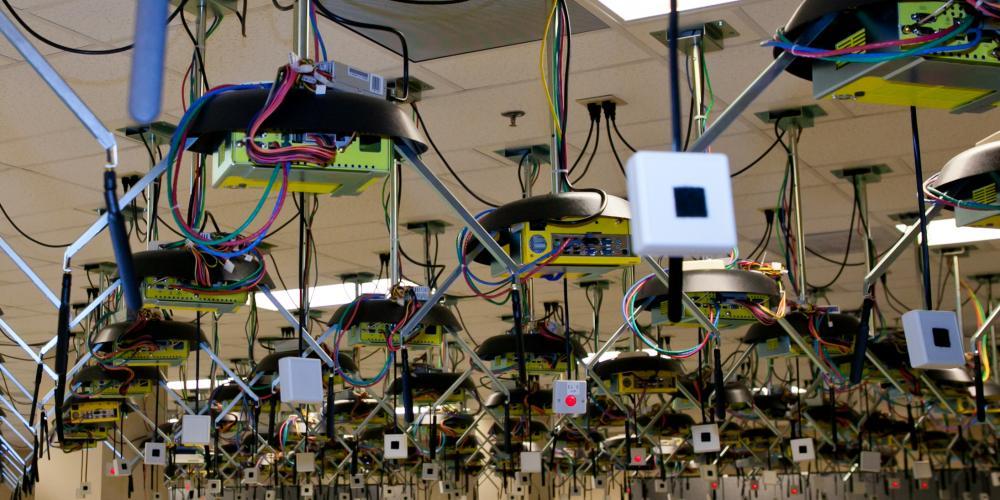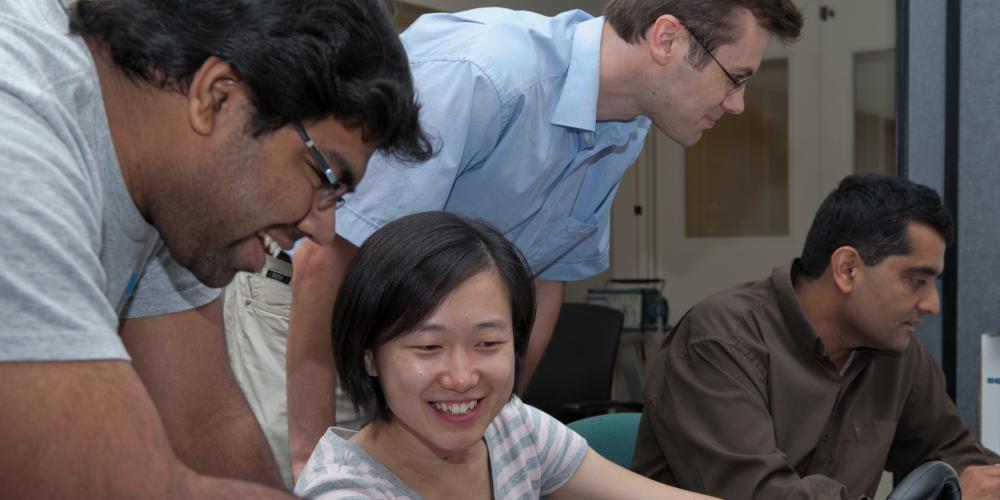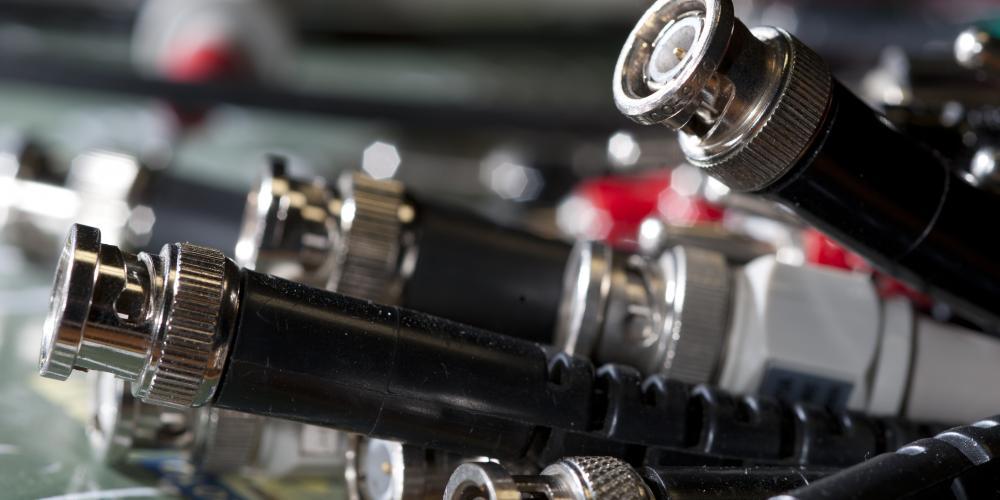WINLAB (Wireless Information Network Laboratory)
WINLAB is an industry-university research center whose mission is to advance the development of wireless networking technology by combining resources from government, industry, and academia. The center has made a number of important technical contributions to mobile computing, high-speed modem design, radio resource management, and network architectures and protocols. WINLAB has been supported by a broad cross-section of leading wireless industry sponsors and has received grants from the National Science Foundation (NSF), the Defense Advanced Research Projects Agency (DARPA), and the New Jersey Commission on Science and Technology (NJCST).
Since 2003, WINLAB has been home to the “ORBIT” Next-Generation Wireless Testbed sponsored by NSF's Network Research Testbeds (NRT) program, serving as a hub for experimental wireless networking research. In 2010, a WINLAB-led team was awarded a $7.6M Future Internet Architecture (FIA) grant from NSF to design, prototype, and validate a comprehensive mobility-centric future Internet architecture called “MobilityFirst.”
WINLAB faculty have also been awarded numerous research grants from NSF, DARPA, ARL (Army Research Laboratory), NRL (Naval Research Lab), and other agencies on topics ranging from energy-efficient radio systems and dynamic spectrum access to mobile content delivery and information security/privacy.
WINLAB has the capability of fabricating prototype devices and printed circuits with K&S wedge bonder, SMT reworks equipment as well as various FPGA development platforms and programmable embedded platforms (APTIX, GNU radio USRP, etc.). The laboratories are also equipped with various network analyzers, RF spectrum analyzers, high-speed digitizing oscilloscopes, function generators, power meters, and other general-purpose laboratory equipment (shielded enclosures, antennas, etc.).
The COSMOS project is aimed at the design, development, and deployment of a city-scale advanced wireless testbed in order to support real-world experimentation on next-generation wireless technologies and applications. The COSMOS architecture has a particular focus on ultra-high bandwidth and low latency wireless communication tightly coupled with edge cloud computing. The COSMOS testbed will be deployed in upper Manhattan and will consist of 40-50 advanced software-defined radio nodes along with fiber-optic front-haul and back-haul networks and edge and core cloud computing infrastructure. Researchers will be able to run experiments remotely on the COSMOS testbed by logging into a web-based portal which will provide various facilities for experiment execution, measurements, and data collection. The COSMOS is a joint project involving Rutgers, Columbia, and NYU along with several partner organizations including New York City, CCNY, University of Arizona, Silicon Harlem, and IBM.
►COSMOS: a new generation of wireless technologies



